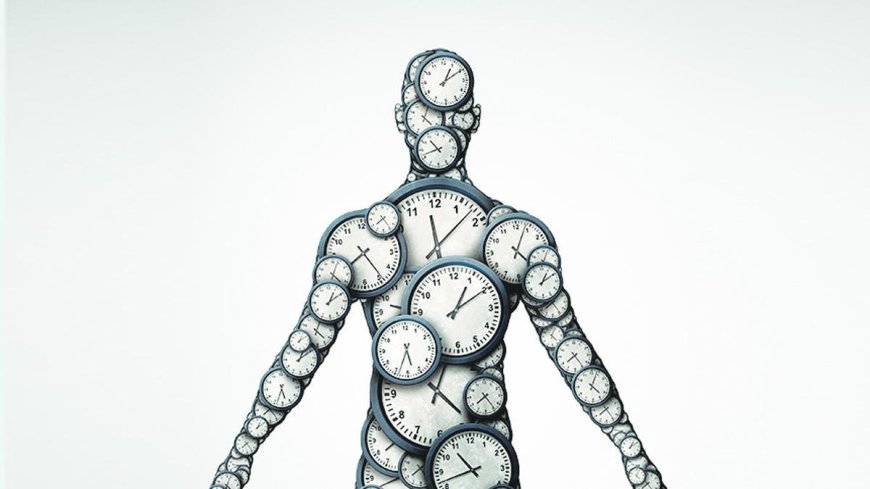Circadian rhythms: how your body’s internal clock regulates your health

Circadian Rhythms: How Your Body’s Internal Clock Regulates Your Health
Breaking News, Daily Updates & Exclusive Stories - asarkari
Understanding our body’s internal clock can significantly impact our overall well-being. The visible consequences of our circadian rhythms stretch beyond mere sleep patterns; they resonate within every facet of our health. This article delves into the intricate mechanisms by which these biological processes dictate our lives, from wellness to mood stability, and provides insight into optimizing them for a healthier lifestyle, helping users grasp the critical importance of their circadian rhythms.
What are Circadian Rhythms?
Circadian rhythms are the natural, internal processes that regulate the sleep-wake cycle and other physiological processes over roughly 24 hours. This internal clock is influenced primarily by environmental cues, with light being the most significant factor. Other rhythmically timed activities, such as meal consumption and physical exercise, also play pivotal roles in maintaining these internal cycles. Essentially, they help synchronize our body's functions with the 24-hour day of the earth.
The Role of Light in Circadian Rhythms
Light exposure is the primary zeitgeber (time-giver) for the circadian clock. When natural light enters our eyes, it signals the brain’s suprachiasmatic nucleus (SCN) to promote various bodily functions, including hormone release that impacts sleep and alertness. Exposure to artificial light, particularly blue light from screens, can confuse our internal clock, leading to disrupted sleep patterns and other health issues. Understanding this connection is crucial for implementing lifestyle changes that enhance our health.
Impact of Meal Timing
The timing of our meals, often referred to as "chrononutrition", significantly affects our circadian rhythms. Studies suggest that eating late in the evening can lead to obesity and metabolic disorders, as the body is less capable of processing food. To support a healthy circadian rhythm, timing meals to align with natural daylight cycles can promote better digestion and energy regulation. Adopting a routine that restricts eating to earlier hours could yield improved well-being.
Physical Activity as a Zeitgeber
Incorporating regular exercise into your daily routine can also assist in stabilizing your circadian rhythms. Exercise not only promotes better sleep but also influences the timing of internal processes such as metabolism. A balanced workout schedule that aligns with daytime can enhance energy levels and improve mood, delivering multiple health benefits that span beyond just physical fitness.
The Consequences of Disrupted Circadian Rhythms
A disrupted circadian rhythm can lead to various health complications such as sleep disorders, obesity, cardiovascular issues, and mental health problems. Individuals who often travel across time zones or maintain irregular schedules may experience these disruptions acutely, leading to a phenomenon known as "jet lag". Understanding these impacts brings forth the necessity for proactive measures in maintaining alignment with our biological clock.
Conclusion
Your body's internal clock is not just a measure of time; it’s a powerful regulator of your overall health. By understanding and respecting your circadian rhythms, you can enhance your physical and mental well-being. Simple adjustments such as moderating exposure to light, aligning meals with daylight, and incorporating regular physical activity can have profound effects on your health. As we continue to digest this information, it becomes increasingly clear that living in harmony with our internal clock might be one of the best things we can do for ourselves.
For more updates, visit asarkari.com.
Keywords:
circadian rhythms, internal clock, health regulations, sleep cycles, wellness, light exposure, meal timing, chrononutrition, physical activity, metabolic disordersWhat's Your Reaction?
 Like
0
Like
0
 Dislike
0
Dislike
0
 Love
0
Love
0
 Funny
0
Funny
0
 Angry
0
Angry
0
 Sad
0
Sad
0
 Wow
0
Wow
0










































